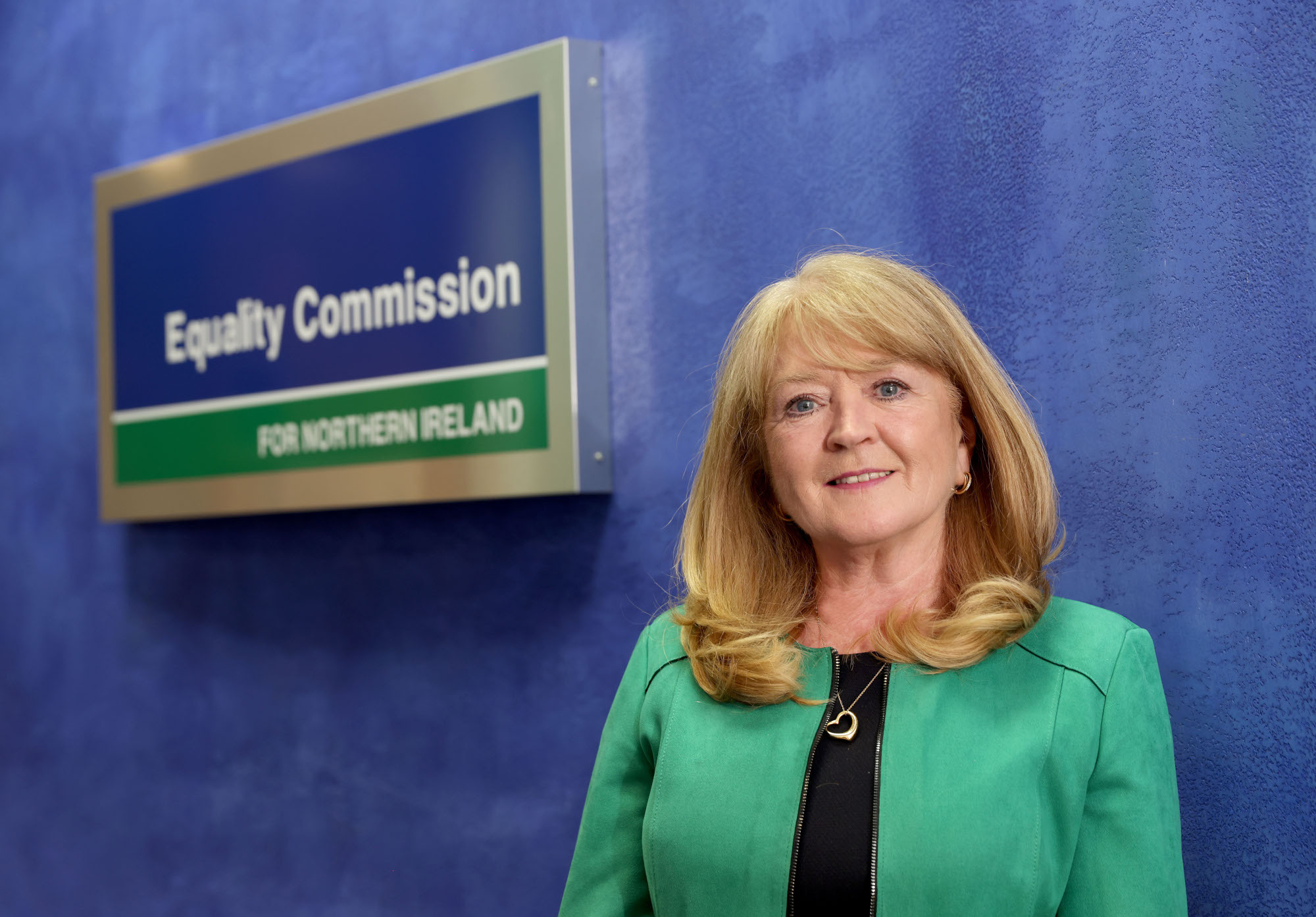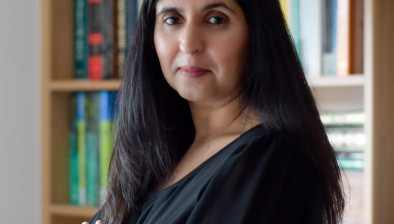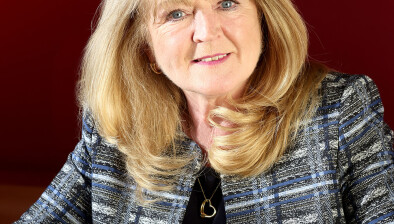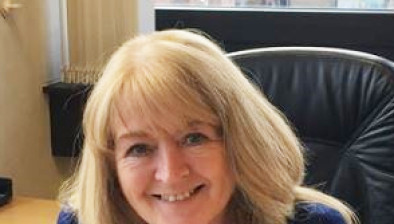Belfast primary school settles disability discrimination case

Geraldine McGahey
A disability discrimination case brought against a Belfast primary school with support from the Equality Commission for Northern Ireland has been settled without admission of liability.
The parents of Violet Heasley, who lives with osteogenesis imperfecta (brittle bone disease), brought a case against Dunmurry Primary School to the Special Educational Needs and Disability Tribunal on their daughter’s behalf.
Violet was the only wheelchair user at the school, which she attended for nursery and primary one. As there was no suitable toilet facility, Violet had no other choice but to wear a nappy, which was distressing for Violet and her family.
In settling the case, Dunmurry Primary School regretted any upset to Violet and her parents regarding the toileting facilities and affirmed the school’s commitment to equality of opportunity for all disabled pupils.
The school committed to liaising with the parents of disabled children from enrolment to ensure that the school are fully aware of any needs of the child; to keep parents informed of the progress of any planned adjustments in respect of their child and to liaise with the parents to ensure that the needs of that child are being met by the school.
An accessible toilet has now been installed at the school.
Geraldine McGahey, chief commissioner of the Equality Commission, said: “We are acutely aware of the challenges faced by many parents of children with disabilities or with special educational needs to secure an appropriate place at a school.
“Whilst recognising the pressures faced by both individual schools and the Education Authority, it is important that all children are in a school environment which meets their needs and where they will be happy and flourish.
“I am delighted to hear that Violet has settled into her new school and is enjoying school life. The Commission believes every child must have equality of access to a quality educational experience and must be given the opportunity to reach his or her full potential. This remains the case even when times are difficult and budgets tight.”









